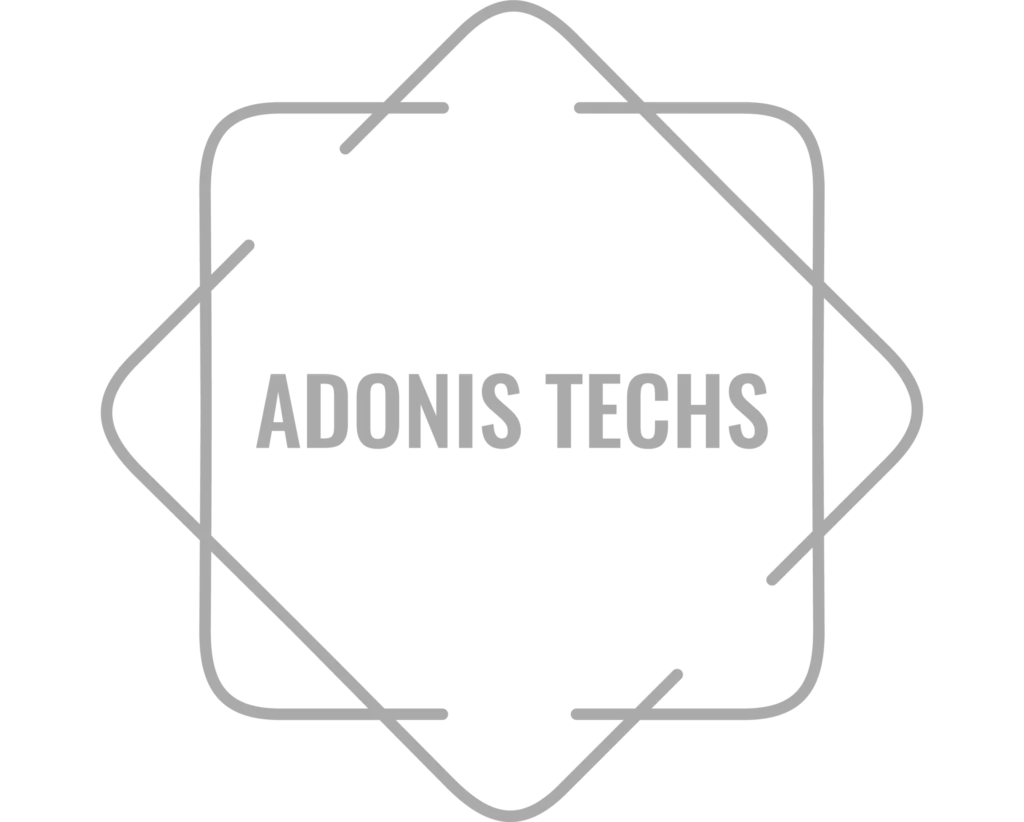In today’s digital market, your website is more than a digital brochure it’s your main sales representative. For real estate agents and agencies, having a well-built website isn’t optional anymore; it’s the foundation of your brand, client experience, and sales funnel.
A professional real estate website blends credibility with usability. It tells your story while helping clients search, compare, and inquire effortlessly.
Why Real Estate Agents Need Custom Websites
Generic templates might look fine at first, but real estate websites demand deeper functionality listings, search filters, maps, lead forms, and integrations. Agents often struggle to stand out when their sites feel identical to hundreds of others.
Custom website development changes that. It allows agencies to create branded experiences unique layouts, color themes, and property display logic that align with their market positioning.
Beyond visuals, performance matters. Fast load times and mobile responsiveness directly affect lead conversions. Buyers scrolling on their phones won’t wait for slow pages to load.
Core Features of a Modern Real Estate Website
- Advanced Property Listings – Manage and categorize properties with filters by location, price, and property type.
- Smart Search Functionality – Implement geolocation and auto-suggestions to improve discovery.
- Interactive Maps – Google Maps or custom APIs show property clusters dynamically.
- CRM Integration – Connect inquiries directly to your customer relationship management system.
- Property Comparison Tools – Let visitors compare multiple properties side by side.
- Virtual Tours & High-Quality Media – Boost engagement through immersive experiences.
- SEO-Ready Architecture – Structure the site with clean URLs and optimized meta tags for visibility.
How Web Development Shapes Client Trust
Clients judge real estate professionals by their online presence before they even make contact. A poorly designed website signals disorganization and lack of professionalism.
High-end agencies invest in luxury website development, focusing on strong visuals, micro-interactions, and persuasive storytelling. A thoughtfully crafted site communicates reliability and builds trust before a single phone call happens.
Integrating Marketing into Website Strategy
Once the website is up, it must serve as the engine for digital marketing. Landing pages for specific property types or campaigns improve ad targeting. When tied to SEO and social media marketing, your listings attract the right audience without paid ads doing all the work.
Including tools like live chat or instant call buttons helps capture warm leads in real time.
Technology Stack for Real Estate Websites
The backend determines how flexible your website becomes in the long run. Commonly used stacks include:
- Front-end: React.js or Vue.js for interactivity
- Backend: Laravel, Node.js, or Python (Django) for scalability
- Database: MySQL or MongoDB for structured property data
- APIs: Google Maps, payment gateways, and CRM connectors
Selecting a stack depends on your scale solo agents may only need WordPress customization, while agencies handling multiple brokers need a full custom portal development approach.
How Much Does It Cost?
The cost of real estate website development varies widely:
- Basic portfolio-style site: $1000 – $2500
- Advanced agency platform with property listings: $3000 – $8000
- Enterprise-level real estate portal: $10,000+
The investment pays back quickly when the website automates inquiries, streamlines data entry, and strengthens your digital footprint.
Choosing the Right Development Partner
Not all developers understand real estate dynamics. Choose an agency that offers custom website development aligned with property data structures, MLS integrations, and performance needs.
For an in-depth look at how professional developers design tailored real estate sites, you can explore Real Estate Website Development by Adonistechs.
If you want to learn how a strong foundation supports your entire digital ecosystem, here’s their main guide on Website Development.
Final Thoughts
A real estate website isn’t just about being online it’s about converting attention into trust and trust into transactions. Agents and agencies that prioritize functionality and aesthetics build longer client relationships and stronger brands.
In the digital property market, your website is your first open house. Make it worth visiting.


